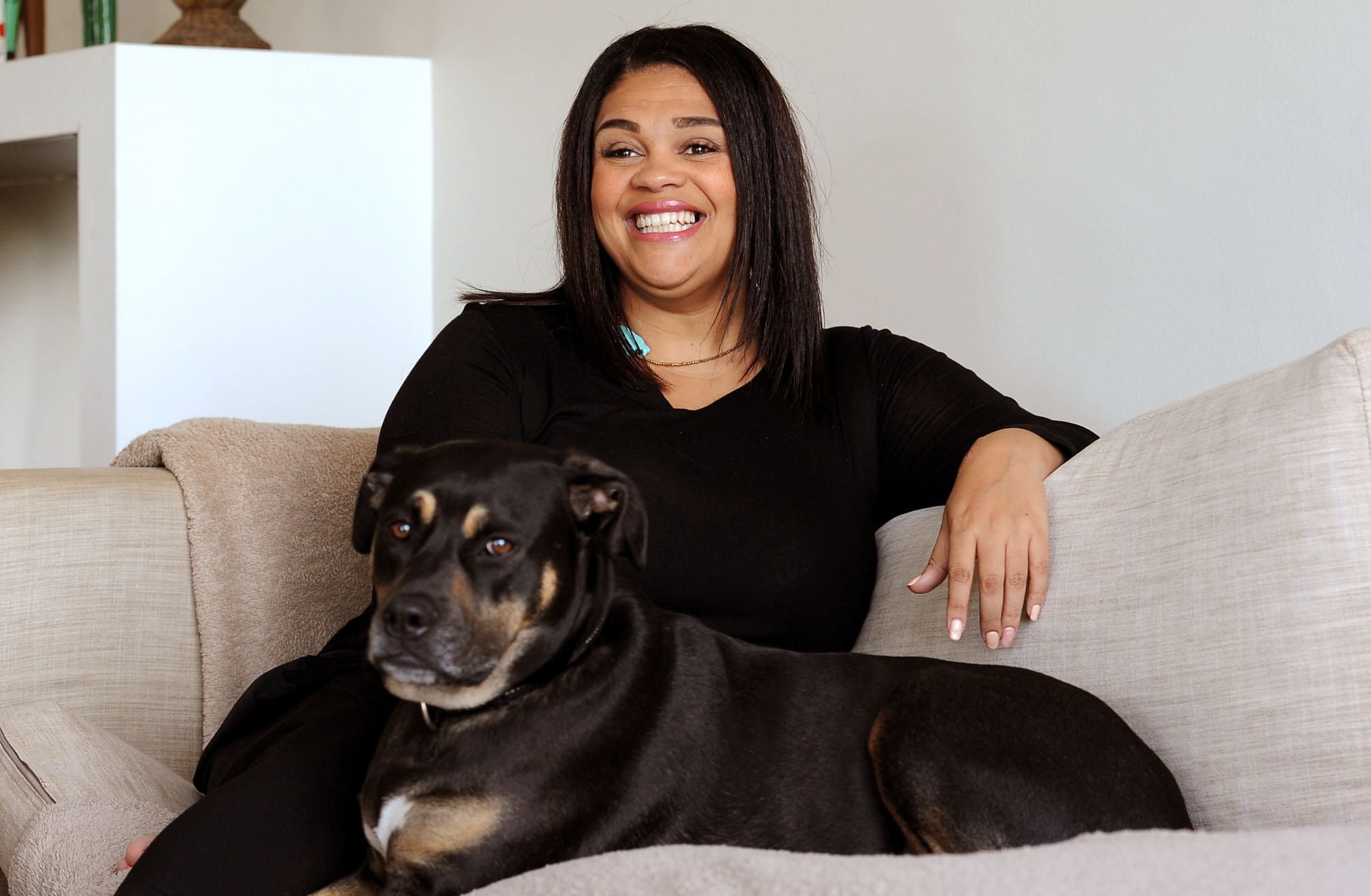Everyone has an identity, a story, a way to connect with the people who make her family, but for Sara-Jayne King, she grew to realise she was still alive, only because she had died a few years back. Confusing, huh!
Young Sara-Jayne King lived with her British parents in a rural area somewhere in London. Being an upper-class middle-income family, Sara grew up with the very best of anything a child could ask for.
‘I grew up with ponies in the backyard, attending the very best school in the vicinity and basically lacked nothing. My parents gave me anything and everything I wanted. However, I knew I was different. They had explained it to me. Told me my mum could not have babies, so another lady had a baby (me) and then gave me over to my mum.’
This did not mean much to young Sara-Jayne as it did not affect her relationship with her parents in any way. The only other black/brown people she knew in her life at the time, was her brother, who just like her, was also adopted.
‘I also remember seeing Ethiopia on the news a lot and with children who had flies all over them and little malnourished tummies. It was all the Africa that was on TV, so to me, that was Africa. If they say I come from Africa, then I must probably come from this place on TV.’
Growing up, being different really did not mean much to Sara. Her major problem was how people often defined her hair as wavy, unruly and nappy and it really was through no fault of her.
Her Sunday ritual with her dad, sitting on the stairs outside her home and trying to comb her African hair while it was still dry is a memory she still holds on to. She was tired and angry about her hair which never made her feel beautiful. The white hairdressers had no idea what to do or how to handle it.

One day her mum takes her downtown to an African saloon and after 6 hours in there, she came out feeling more beautiful than ever. ‘I had gone in as the ugly duckling, but I definitely came out as the swarm.’
Despite the fact that Sara-Jayne King knew she was not like everyone else around her, it never bothered her. That was business she could care less about until one day when she was 14 years and went snooping in her parents room.
‘I found a letter from my biological mum, detailing events from my conception right down to my adoption. I instantly felt lost, alone and sad.’
Sara was born at a time when the ‘Immorality Act’ was still very active in apartheid South Africa. This act prevented a white and a black person from being together and even having babies. Sara-Jayne, born Karoline, was the daughter of a white man and a black woman. After she was born, her parents kept her in the hopes that she would start to look white as time went by.
This never happened and hence they had to find other means to keep her alive. They, thus told everyone baby Karoline had a disease and needed to be treated in the children’s hospital in the UK. Her parents made plans with her present family to hand her over after they got to England.
Karoline’s biological parents made it to England, handed her over to her new parents at just 7 weeks old and went back to South Africa, never looking back. When they got home, they told the whole world Karoline had died during treatment and that was the end of her existence as Karoline born in South African.
‘Reading this completely blew me away and dashed my spirit as a teenager. I knew I was not British. I knew I was not one of them, I just did not know I was technically dead to my biological family. It completely broke me and it started off with an eating disorder and grew on into many other things. I was a hard time for me.’
Sara-Jayne King by the age of 18/19 had taken to heavy drinking, abuse of prescription pills and self-harming. She describes that period as a time of emotional agony since she could not wrap her head around what her life had been in the beginning.
This went on well into her twenties and in her late twenties, Sara-Jayne snapped out of it and knew it was time to get help.

‘Whenever people ask me why I decided to come back to SA, it is sad when I cannot say with enthusiasm that, I wanted to come back to the motherland and find my root and everything else all the others say. I had to go to rehab and I realised it was cheaper in SA than in the UK and that was why I came. I had no love or desire to be here in the beginning. But just before the plane landed when we were in the SA terrain, something hit me. I knew the place. It felt oddly familiar (even if it was a memory from my 7-week self), I knew I was home and it felt like home.’
After getting clean and spending time in South Africa, Sara-Jayne fell in love with her home of birth and finally decided she would definitely want to come back home to her roots.
After a few years, Sara-Jayne King packed up her things and returned to permanently stay in South Africa. She landed in SA the morning after Nelson Mandela had passed to a country mourning and celebrating the life of a legend at the same time.
Upon her return and permanent relocation, the first thing she could not wait to do was get rid of the name Karoline. ‘I remember running around everywhere, getting new IDs, a new passport, a new birth certificate. I hated the fact that my birth mum had to ‘kill’ me to cover the shame of my birth and since Karoline had already been killed, I did not see why I had to bear the name.
The day I finally received all my documents bearing my new name was a day of great fulfillment. I knew I had done it. I had found my identity as a black South African.’
Sara-Jayne through Twitter was able to reconcile with her father after so many years apart and they spent the greater part of their reunion shedding tears.
‘We are not the best of friends, we have our own problems like every other father and daughter do, but we are getting to know each other and it is a great relationship. I have met my siblings and everyone keeps saying I look like my dad. We have a pretty great family going for us.’
Sara-Jayne King has written a memoir about her life called ‘Killing Karoline’














